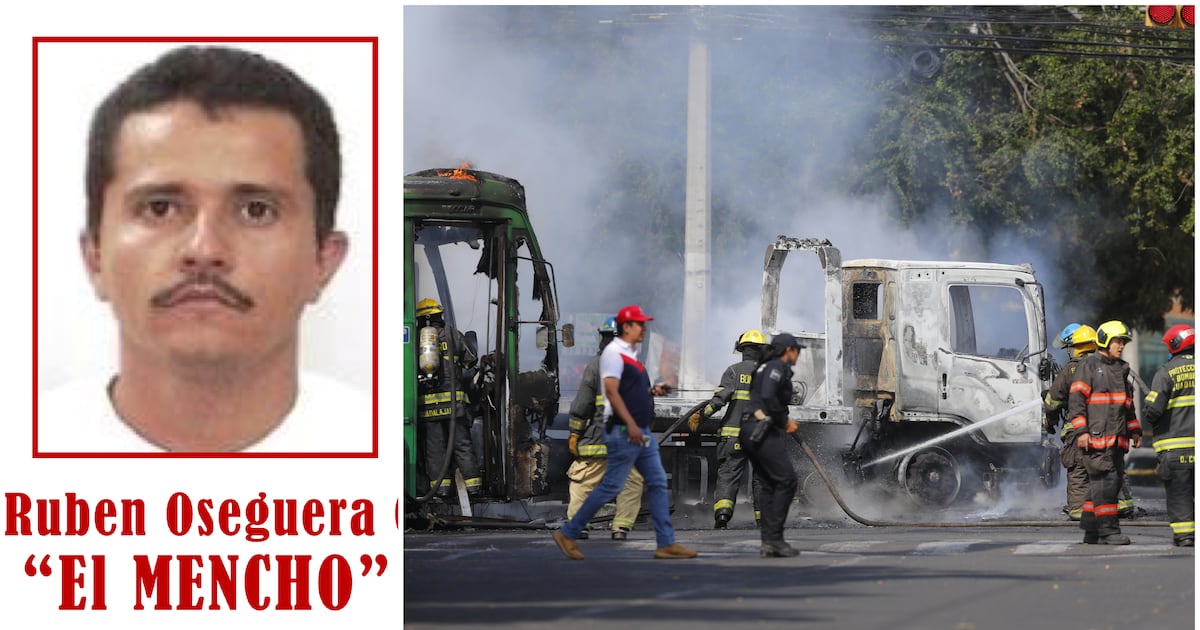If you thought the Benghazi saga ended last month when a State Department review concluded that a handful of State Department middle managers failed to provide adequate security for the U.S. mission, think again: it may no longer be dominating headlines, but with multiple active congressional investigations and an ongoing attempt to hunt down the perpetrators, the story of Benghazi is far from over.

The biggest recent development—which was overshadowed by the fiscal cliff negotiations—came on New Year’s Eve, when the Senate Homeland Security and Governmental Affairs Committee released a report that raised the question of whether Libyan officials assisted the Benghazi terrorists. The report found that a team of CIA contractors dispatched from Tripoli to Benghazi on the night of the attacks waited at least three hours after arriving at the Benghazi airport before departing to the scene because of negotiations with Libyan government officials. According to the report, members of Congress still don’t know the exact reason for the delay. “Was it simply the result of a difficult Libyan bureaucracy and a chaotic environment or was it part of a plot to keep American help from reaching the Americans under siege in Benghazi?” the report asks.
To be sure, the night of the attack was indeed chaotic. “It’s important to remember that the team from Tripoli faced a chaotic and difficult situation on the ground when it arrived in middle of the night,” one U.S. official tells The Daily Beast. (Both the Libyan ambassador to the U.S. and the State Department declined to comment.) Moreover, Libya’s government was a mess at the time: while it had conducted successful elections earlier that summer, the national assembly in Tripoli had yet to appoint a prime minister or the chiefs of government ministries. Nevertheless, a Senate committee asking this troubling question about the Libyan government is, at the very least, noteworthy.
Meanwhile, the Libyan government was not the only Libyan entity to come under scrutiny in the report. Also singled out was the Feb. 17 Martyrs Brigade, the militia deputized by the Libyan government to provide security at the U.S. diplomatic mission in Benghazi—which largely failed to do its job on the night of the attacks. The Senate report relays doubts U.S. security personnel had regarding the militia before the attack. For example, diplomatic security personnel believed the brigade was responsible for the extrajudicial detention of people in the area, including one incident involving a U.S. diplomatic employee. And on Aug. 29, the chief diplomatic security officer for Benghazi acknowledged concerns that the contract between the Feb. 17 Brigade and the U.S. embassy had expired. The officer wrote, “We also have the usual concerns re their ultimate loyalties. But they are competent, and give us an added measure of security. For the time being, I don’t think we have a viable alternative.”
Beyond questions about the conduct of the Feb. 17 Brigade and the Libyan government, there is still the major question of who, exactly, carried out the attacks. The Senate report says very little about this, but three U.S. officials told The Daily Beast that U.S. intelligence and law enforcement officials have put together a list of about two dozen members of what is called inside the U.S. government the “Benghazi attack network.”
Thus far, the campaign to find the attackers has been carried out in part by other countries. In October, Turkish authorities arrested Ali Ani al-Harzi, a Tunisian national who was caught after boasting about the attack on social media. U.S. authorities persuaded Turkish authorities to send him to Tunisia, where he now faces charges on supporting terrorism. In November, the FBI was granted access to al-Harzi. And last month, Egyptian authorities arrested Muhammad Jamal Abu Ahmad, the ringleader of a jihadist network U.S. intelligence officials say participated in the Benghazi attacks.
Some lawmakers have complained about the pace of the hunt. “I am not happy with where we’re at. We are not in the right posture. I don’t think we have the right configuration,” Rep. Mike Rogers, the Republican chairman of the House Permanent Select Committee on Intelligence, told CNN last month. Rogers said his committee had been “getting reports of people who are in that business that tell us it is going far too slow and they can’t tell us why it’s so slow.”
U.S. intelligence officials told The Daily Beast that part of the problem is that the Benghazi attacks were not like other al Qaeda plots such as the 1998 bombings of U.S. embassies in Kenya and Tanzania, the 2000 bombing of the USS Cole, or Sept. 11. The view inside the U.S. intelligence committee is that, while the attack was committed by some groups with strong ties to al Qaeda, there is much less evidence that the attack was planned for months in advance. “We will usually follow a money trail and a data trail,” one U.S. intelligence officer who is working on the investigation said. “In this case it’s looking like this was more improvised and spur of the moment.”






